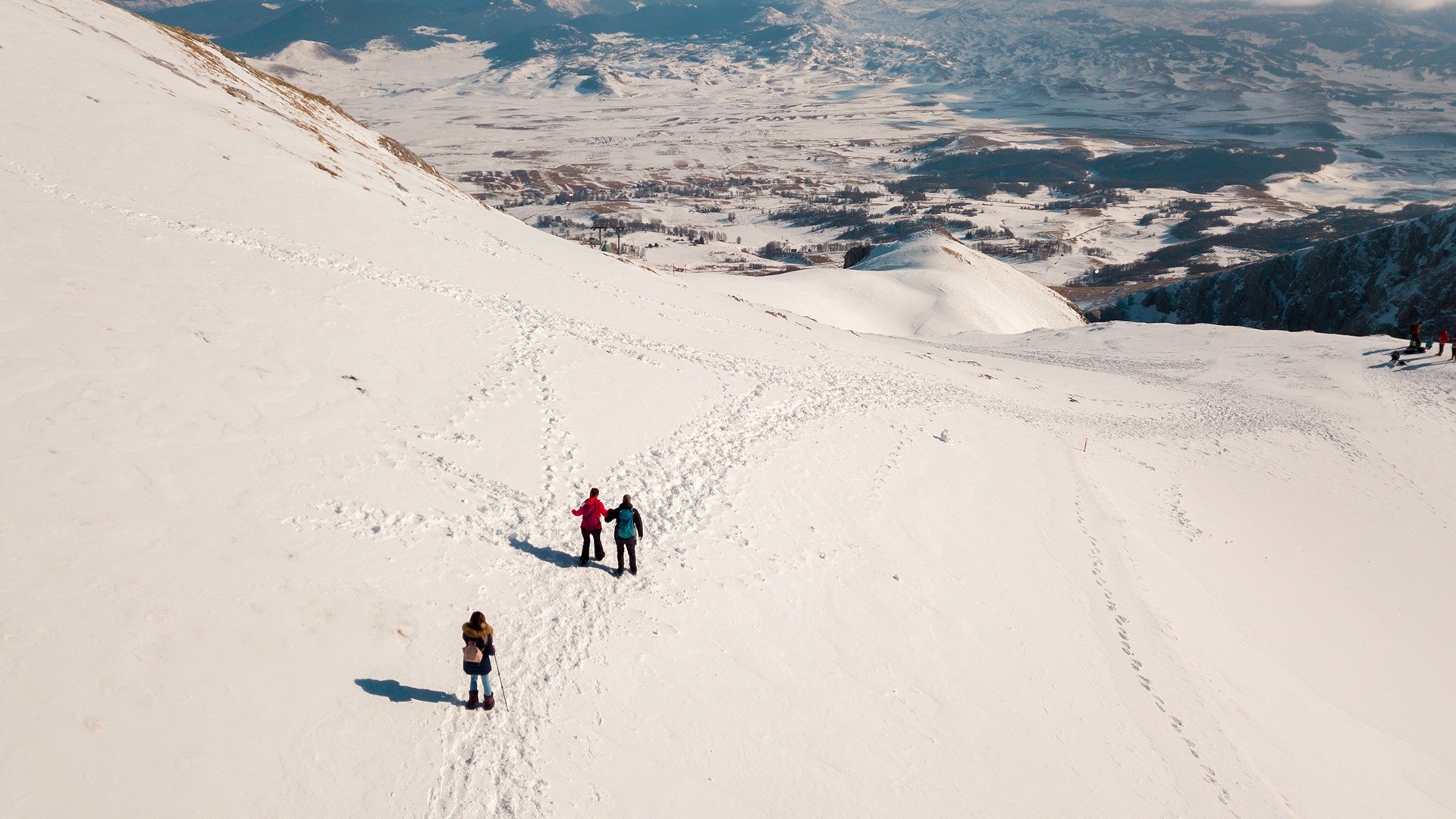Experience European Rural Life
Among the experiences that consistently draw people to Europe from far and wide are the rural traditions of this continent, especially the gastronomical ones. Over thousands of years, the people who have called Europe home have created some of the most interesting rural cultures in the world, customs that take their inspiration from the land around them, what grows well, and which animals flourish there. As a visitor to this continent, you can enter this world of the rural life and experience cultures and flavors unlike anything else around the world. Keep reading for some ideas about what you could discover in the countryside of Europe!

The Alps, a magnificent mountain range that stretches 1200 kilometers across eight countries in Europe, including France, Switzerland, Monaco, Italy, Liechtenstein, Austria, Germany, and Slovenia, is home to some of the continent’s most exciting culinary traditions. Among the little villages that dot these often snowy mountains, people have for centuries used the milk of their cows to create some of the world’s best and most famous cheeses. Once rooted in survival, where winters were long and people needed to preserve food, cheese has played an essential function in Alpine farming communities who relied on its rich and nutritious qualities. Today, these cheeses are often still made with the traditional techniques and offer naturally curious travelers the chance to taste some remarkable flavors. From warm fondue with morsels of bread, toasted raclette, and creamy tartiflette to flavorful preserved meats and berry dishes, these mountain destinations have incredible authentic culinary experiences to offer, especially after long, calorie-burning hikes around these beautiful mountains.

We invite you to descend back down to sea level and venture somewhat north to Scandinavia, this region of Europe is among the best for slow travel, especially during the winter months. In Sweden and Denmark, escape the bustle of the big capital city for island villages like Donsö, Fyn or hundreds of others. In fact, these islands offer some of the best experiences for travelers interested in a slow experience, where time becomes unhurried and one can focus only on the present. With a bicycle, you can take a ferry from the Danish or Swedish mainland and visit islands with long histories and old fishing traditions. Cycling around these islands is the best way to go around them, as cars are rare and having one usually proves more of a hassle than a help. When you disembark the ferry, you will discover the culinary traditions of these island communities, where there is much to explore if you are naturally curious. Taste the salty sweet flavor of fresh shrimp or langoustine that were caught by fishermen in the morning and sold to you only hours later. Eat the mackerel that was flavored with black pepper and warm smoked over an open wood fire. Recharge with a strong cup of coffee and a spiced bun baked in a cast-iron stove while sitting before a warm fire in a rural island café.

Once you have explored Scandinavia, take the southbound route. For those of you who are eager to explore a less well-known European region, consider the Balkans, a part of the continent with deep and diverse histories and traditions. In the winter months, destinations such as Montenegro or Bulgaria can offer the avid skier rugged and challenging slopes. These gorgeous mountains also enable the hiking lover or casual stroller an incredible wealth of outdoor activities, bolstered by some hearty traditional food such as cured ham, fresh shellfish, or the meat or cheese-filled filo pastry, burek. One tradition that has deep roots in the Balkans is olive oil production, which uses techniques that have been around for ages. Leave behind the noise and speed of the big cities in exchange for the serenity of an olive grove on a crisp morning to watch as farmers harvest and pick the fruit that will soon become oil. When the urge to change scenery kicks in, travel around the region to visit its medieval villages, ancient farms, and old forests. Visit rural winter markets and taste some of the foods that locals have been preserving for centuries, such as pickled vegetables, cured sausage, and delicious cheese.
Above all, Europe is a place that invites travelers who are curious about the natural world, who seek experiences that give a tactile understanding of nature and the history and traditions—culinary or otherwise—connected to it. This is the continent where rural life flourishes and where all you need to experience it is a curious mind and a sense of adventure. Visit Europe for an experience like no other!